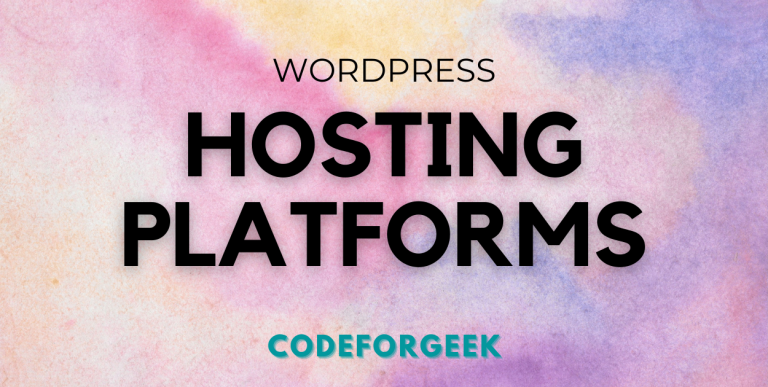New to Rust? Grab our free Rust for Beginners eBook Get it free →
WordPress Publish Post Hook

As I have mentioned in our technology stack article, we use WordPress to manage our content. Our front-end is handled and served using Node and MongoDB stack and I needed to connect these two systems (WordPress and custom Node stack) without making any large dependencies.
One of the old school ways is to create a job scheduler which looks for changes in the WordPress periodically and create/update content in local MongoDB.
I don’t like this approach at all. Instead, I was looking for something event-based i.e when we publish a new article or update the article, WordPress generates an event and allows us to write our business logic after the event.
I found WordPress publish hooks to be the solution.
Here is my live WordPress publish hook. This code should be placed in the functions.php.
// add action
add_action( 'post_updated', 'post_update_function', 10, 3 );
function post_update_function( $post_ID, $post_after, $post_before ) {
// on each change, call this api to notify the content engine
$event = null;
// if article is auto draft
if($post_before -> post_status === 'auto-draft' && $post_after -> post_status === 'publish') {
$event = 'new_article';
// if article is draft then published
} else if($post_before -> post_status === 'draft' && $post_after -> post_status === 'publish') {
$event = 'new_article';
// if its updated article
} else if($post_before -> post_status === 'publish' && $post_after -> post_status === 'publish') {
$event = 'updated_article';
} else {
return;
}
if($event === null) {
return;
}
$response = wp_remote_post('----custom API end point ------', array(
'method' => 'POST',
'body' => array('eventType' => $event, 'postId' => $post_ID )
));
}
As you can see in the code shown above, whenever we create or update a post, a new event will be triggered that will in turn call post_update_function function.
You can write any custom business logic inside the function. I wrote a code that calls the API exposed by the Node server.
I have also wrapped this in a nice and clean WordPress plugin. Click here to visit the repository.





